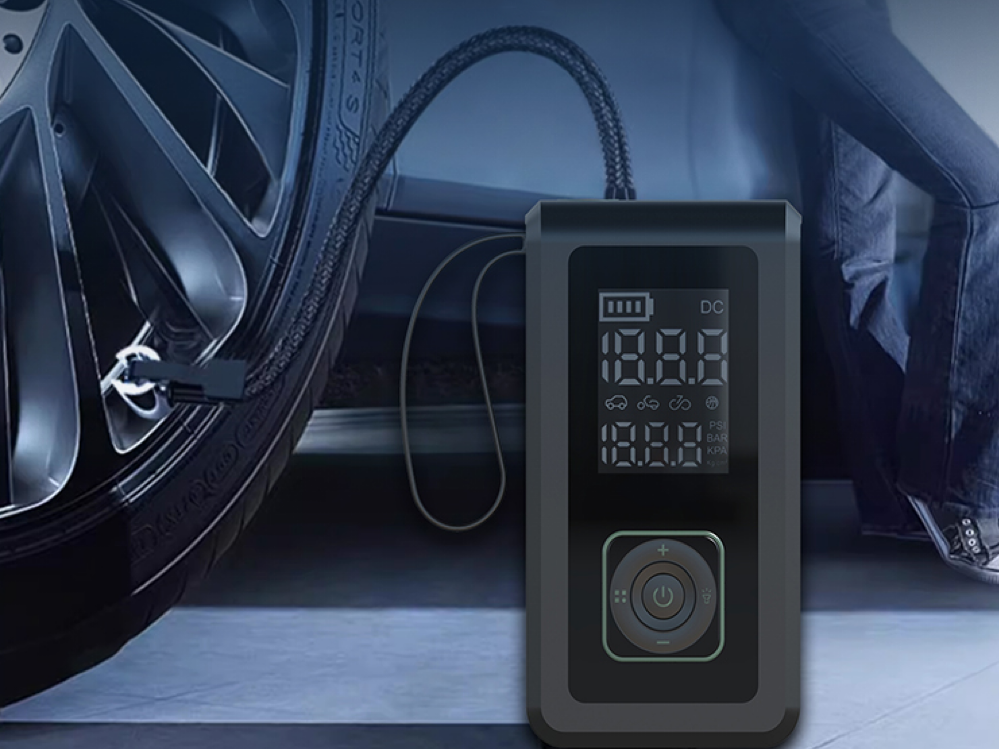When used according to the manufacturer's directions, jump starters are perfectly safe and an incredibly useful tool to have on-hand in case of a dead vehicle battery. You won't need to call and wait for roadside assistance to come to you or flag down a passing vehicle to ask for help jump starting your car or truck. In certain situations, your vehicle may even be parked in such a way that makes it difficult or impossible for jumper cables to reach your battery from another vehicle, which makes having your own jump starter invaluable.

Before using any portable jump starter, make sure that it's fully charged, and that all cords and plugs are in good condition. Never use a device that has been damaged or modified, submerged in water, or exposed to rain, snow, or other forms of moisture for an extended period. Portable jump starters should not be used in the presence of flammable fumes or gasses, such as near propane tanks or in the poorly vented bilge of a boat, or near sparks or open flame (including cigarettes).
If your car will not start after using a fully charged jump starter, the battery may be completely dead or damaged, or you may have a problem with your starter, alternator, or other system. It's best to take your car to a mechanic to determine if there’s an underlying problem that goes beyond a drained battery. In any case, a portable jump starter can prove to be an incredibly helpful tool for yourself, your loved ones, or even for other stranded motorists who could use a quick jump start.